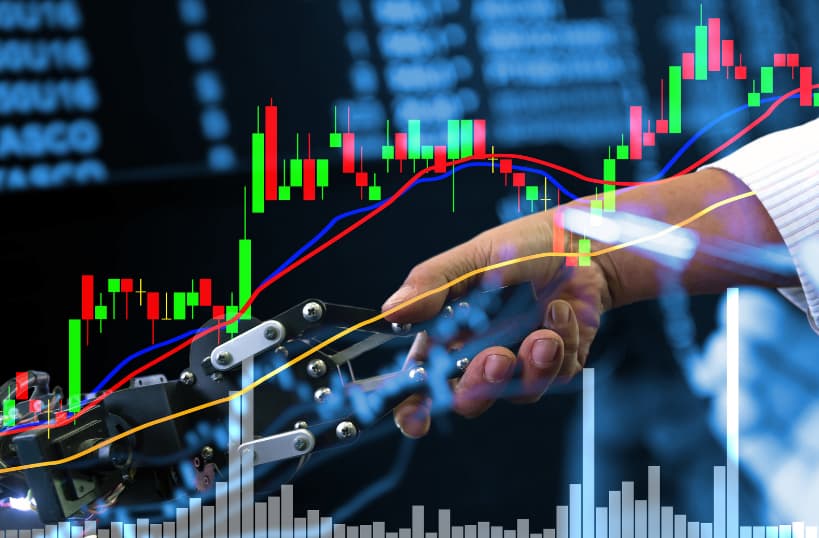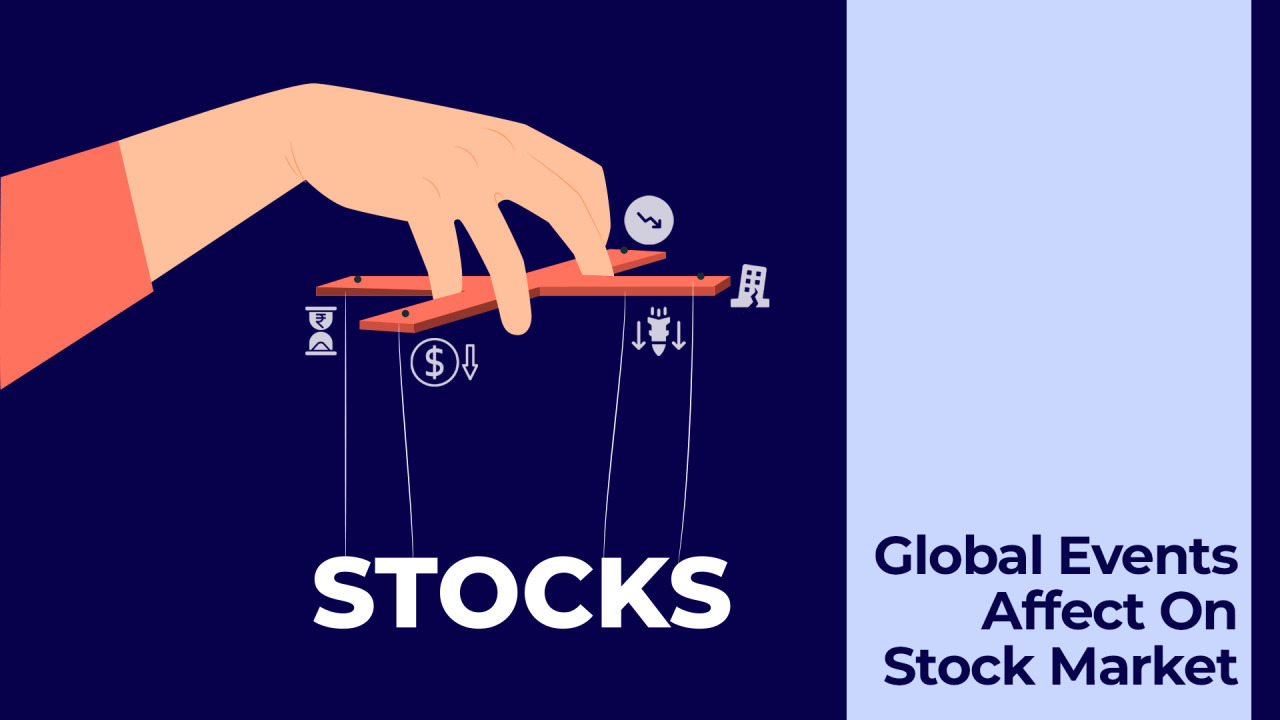The stock market is highly sensitive to global events, reacting instantly to geopolitical developments, economic shifts, and natural disasters. These events influence investor sentiment and market dynamics, leading to fluctuations in stock prices. Understanding the correlation between international happenings and market performance is crucial for investors aiming to navigate uncertainty and capitalize on opportunities. Whether it’s political unrest, technological breakthroughs, or changes in trade policies, staying informed allows for better decision-making in volatile times.
This article delves into the various global factors that impact stock markets and offers insights into how investors can adapt their strategies to minimize risks and maximize gains.
1. Political Instability and Geopolitical Tensions

Political events, such as elections, policy changes, or international conflicts, can significantly sway market performance. For instance, trade wars between major economies often result in heightened market volatility, with industries dependent on exports being particularly affected. Additionally, geopolitical tensions, like territorial disputes or military confrontations, create uncertainty, causing investors to withdraw from equities and shift towards safer assets like gold or government bonds.
Real-World Impacts:
- Trade Disputes: Tariffs on goods can raise costs for businesses, affecting profits and stock prices.
- Regulatory Changes: Shifts in government policies, such as tax reforms, can either attract or deter investment in specific sectors.
- Global Crises: Political instability in resource-rich regions often impacts commodity prices, influencing related stocks.
To mitigate these risks, investors should diversify their portfolios and monitor news related to political developments, especially in regions influencing the global economy.
2. Economic Indicators and Monetary Policies
Economic performance metrics like GDP growth, inflation rates, and employment data shape investor expectations and stock valuations. Similarly, central banks’ decisions on interest rates or quantitative easing programs play a pivotal role in market trends.
For instance, when central banks lower interest rates, borrowing becomes cheaper for businesses and consumers, often resulting in higher spending and stock market growth. Conversely, rising interest rates can discourage borrowing, reducing corporate profits and cooling market enthusiasm.

Key Examples:
- Recession Signals: During economic slowdowns, investors may shift their focus to defensive stocks like utilities and healthcare.
- Inflation Concerns: Higher inflation can erode corporate earnings, prompting market corrections.
- Currency Fluctuations: Exchange rate changes impact multinational companies’ earnings, especially those with significant foreign revenue.
Investors should analyze economic trends and central bank policies to predict market movements and adjust their holdings accordingly.
3. Natural Disasters and Pandemics
Natural disasters and global health crises can disrupt supply chains, halt production, and dampen consumer spending, leading to sharp declines in market indices. For example, the COVID-19 pandemic triggered one of the steepest market downturns in history, followed by a robust recovery fueled by government stimulus and vaccine rollouts.

Disruptions caused by hurricanes, earthquakes, or pandemics can affect specific sectors disproportionately. Tourism, travel, and retail often suffer significant losses, while industries like healthcare and technology may benefit due to increased demand for their products and services.
Investment Insights:
- Sector Sensitivity: Understand which sectors are most vulnerable to specific types of global disruptions.
- Supply Chain Challenges: Companies reliant on global supply networks face added risks during natural disasters.
- Insurance Impact: Insurance stocks often react to disaster-related claims, creating investment opportunities.
Preparedness involves staying updated on global risk assessments and maintaining a balanced portfolio that includes sectors resilient to crises.
4. Technological Advancements and Innovations
Technological breakthroughs can revolutionize industries, influencing stock performance and creating new investment opportunities. The rise of artificial intelligence, renewable energy, and electric vehicles are prime examples of technological trends reshaping global markets.
Companies at the forefront of innovation often experience rapid stock price growth due to increased investor confidence. However, technological disruptions can also pose risks, as traditional industries face competition from emerging players. For instance, the shift to renewable energy has impacted fossil fuel companies, while advancements in e-commerce have transformed retail stocks.

How to Leverage Technological Trends:
- Identify Leaders: Invest in companies leading innovation in growing sectors like green energy or automation.
- Monitor Competition: Stay aware of how emerging technologies affect existing market players.
- Embrace ETFs: Consider technology-focused exchange-traded funds to spread risk across multiple innovators.
By recognizing and adapting to technological changes, investors can position themselves to benefit from long-term growth trends.
5. Global Trade and Economic Alliances
Trade agreements and international alliances profoundly impact market dynamics by altering the flow of goods, services, and investments. Free trade deals often boost industries reliant on exports, while protectionist policies can hinder market access and reduce profitability.
For example, the formation of new trade pacts between major economies can open up investment opportunities, while trade embargoes can hurt industries reliant on restricted markets. Investors must track changes in global trade dynamics to anticipate how these shifts will influence specific sectors.

Trade-Related Investment Strategies:
- Focus on Winners: Identify industries poised to benefit from improved trade relations.
- Hedge Against Risks: Consider investing in sectors less affected by international trade uncertainties.
- Global Diversification: Spread investments across regions to reduce exposure to any single economy’s trade policies.
By aligning investments with global trade developments, investors can enhance their portfolio resilience and capitalize on new opportunities.
Conclusion: Navigating the Stock Market in a Globalized World
Global events are a driving force behind stock market trends, shaping investor sentiment and influencing financial markets. From political instability and natural disasters to economic policies and technological innovations, understanding these factors is essential for successful investing.
Staying informed, diversifying investments, and adopting a proactive approach to market analysis can help mitigate risks and maximize returns. Ready to deepen your investment knowledge? Explore our website for more insights, and share your thoughts or questions in the comments! Let’s grow smarter together in the dynamic world of investing.

Leave a Reply